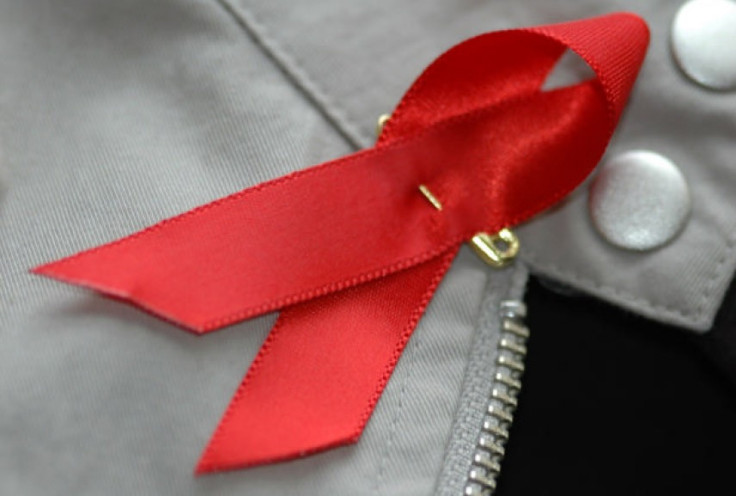HIV-Positive Chinese May Be Banned From Bathhouses: China Ministry Of Commerce Drafts New Regulation

China’s Ministry of Commerce has drafted a regulation that would ban HIV-positive people from bathhouses around the country. If passed, the law would mandate that all spas, hot springs and bathhouses comply by posting anti-AIDS/HIV or STD visitor signs in their businesses.
According to a report by Taiwan-based publication Want China Times, failure to comply with the new regulation, if approved, could result in a fine of up to 30,000 yuan ($4,900). Conversation over the potential ban has sparked heated commentary from both sides. Wu Hao, a Beijing-based AIDS expert, told the publication that such signs are not unprecedented in the country but have yet to be mandated by the state. Though Wu says that the intention of the ban is to make all customers feel healthy, he also adds that there has never been a cited case of HIV being contracted at a public bathhouse or similar facility.
Though the new ruling has yet to be approved, the UNAIDS office in China has already spoken out on the subject.
“We are concerned about the regulation,” Guy Taylor, advocacy and information officer of the UNAIDS office in China, said to China Daily. “It’s important to highlight that HIV can only be transmitted in three ways: through sexual contact, through blood-borne transmission and through mother-to-child transmission. There is no risk of transmission of HIV through casual contact in bathhouses or similar facilities.”
“It’s common sense that people don’t get HIV from sharing baths or swimming pools,” Xiao Dong, the head of China Rainbow Health Organization, an educational and advocacy group that helps prevent and treat HIV/AIDS, said, adding that this was a huge step back for HIV/AIDS education because it perpetuates an old stigma that has since been debunked. Xiao adds that this could have some unintended consequences. “Past experience has already shown that demonizing HIV can only make many people with the virus hide away from public sight and even avenge the discrimination they face on innocent ones,” he said.
On a practical level, other industry experts have raised questions about how the government plans on enforcing the ban. The signs will not guarantee that customers with HIV/AIDS or other sexually transmitted diseases won’t use the facility. “You can’t tell by one’s appearance if they are HIV-positive or no. How can bathhouses check whether customers have the virus?” Wu Zunyou, the director of the National Center for AIDS and Sexually Transmitted Disease Control and Prevention, asked, adding there isn’t a practical way of asking customers to verify or disclose such information. Instead, Wu says that attention should instead be focused on safe sex.
© Copyright IBTimes 2024. All rights reserved.












